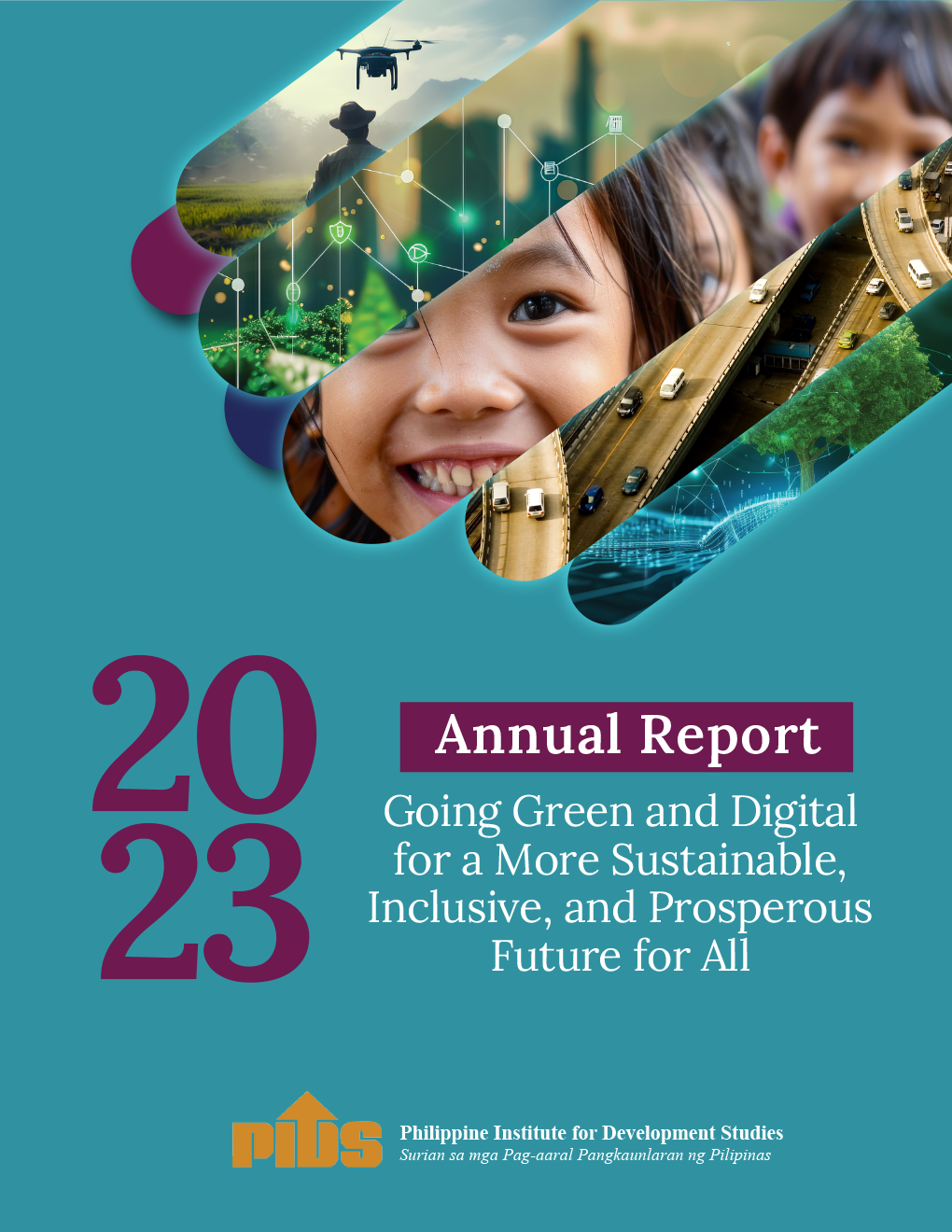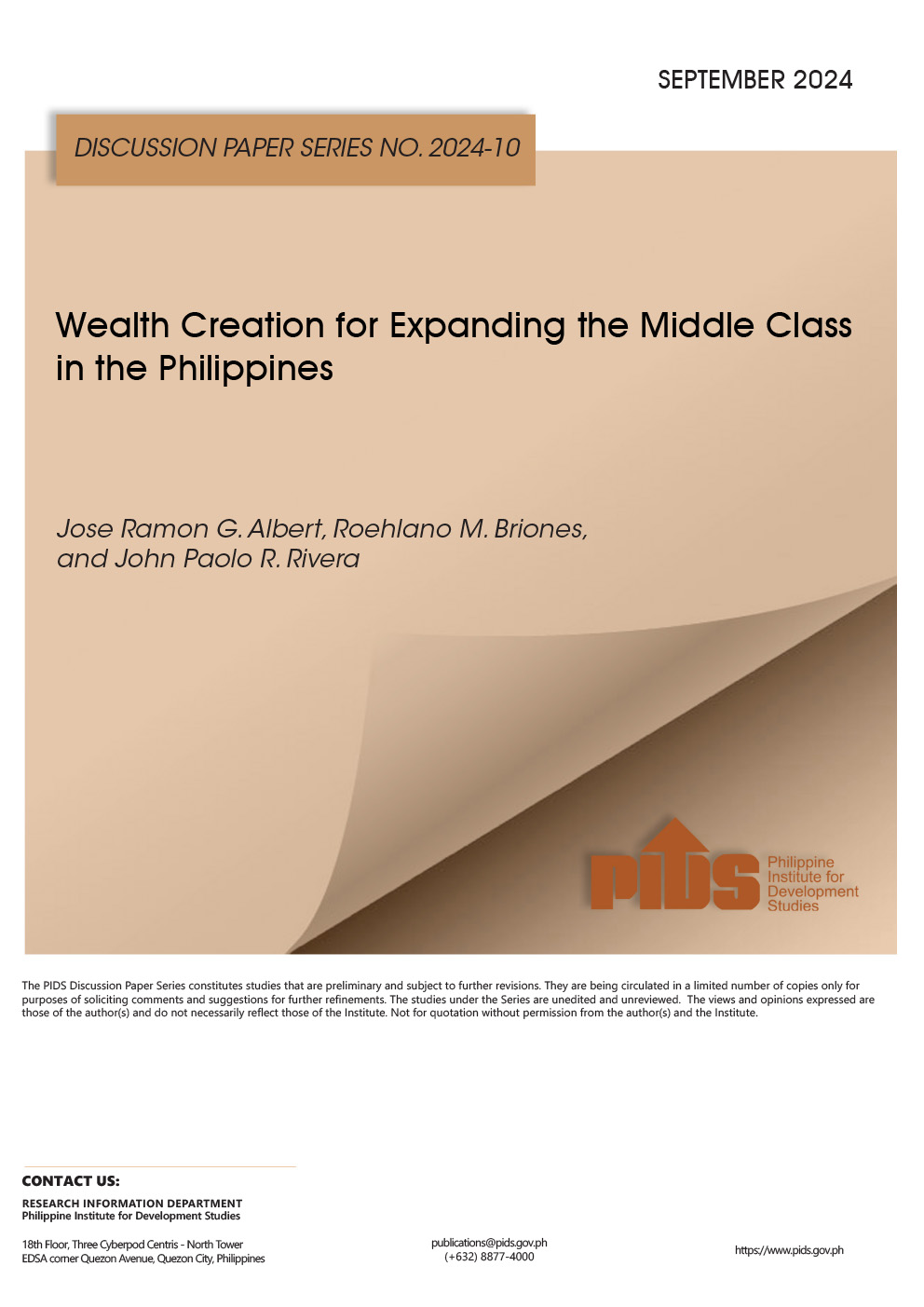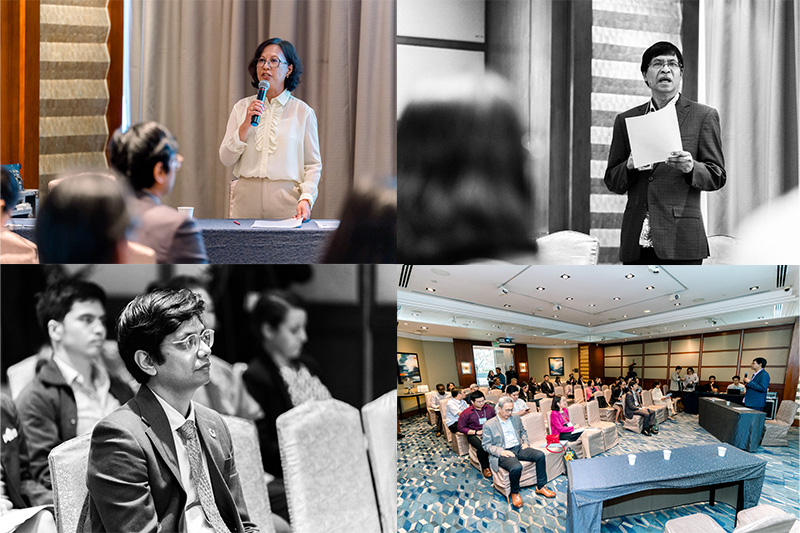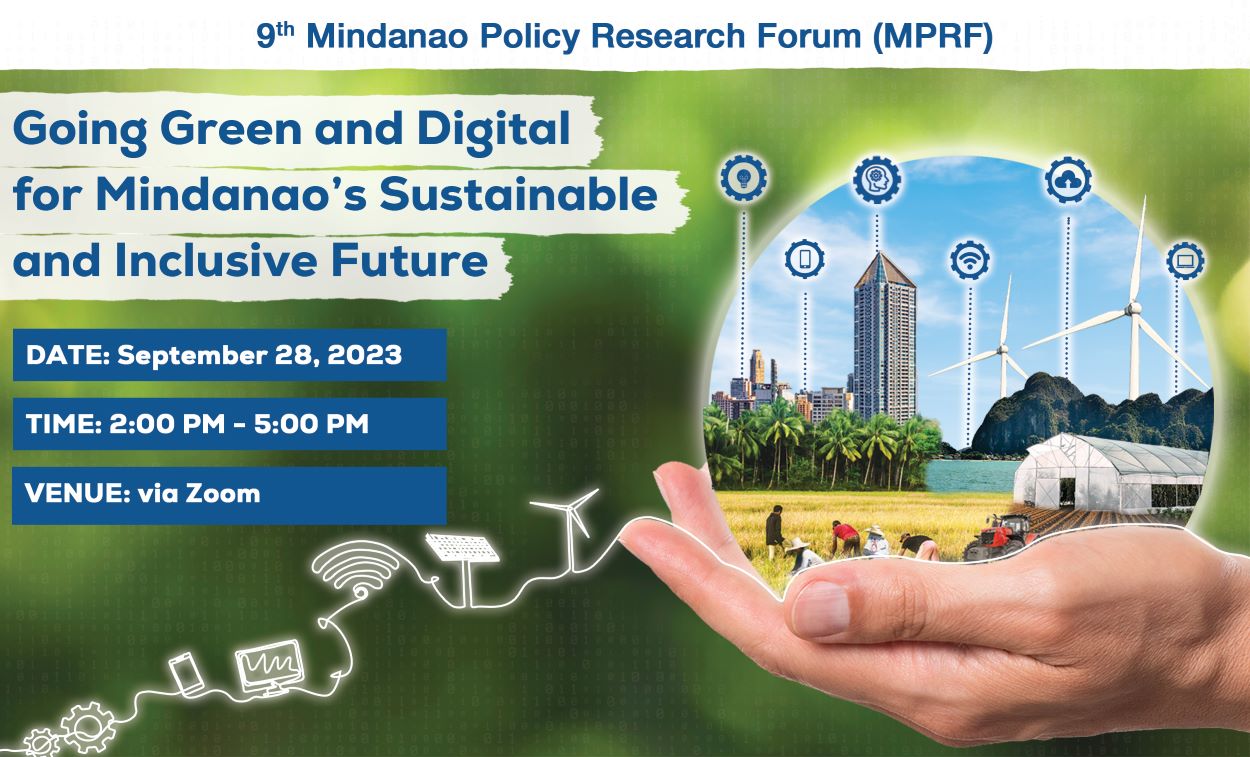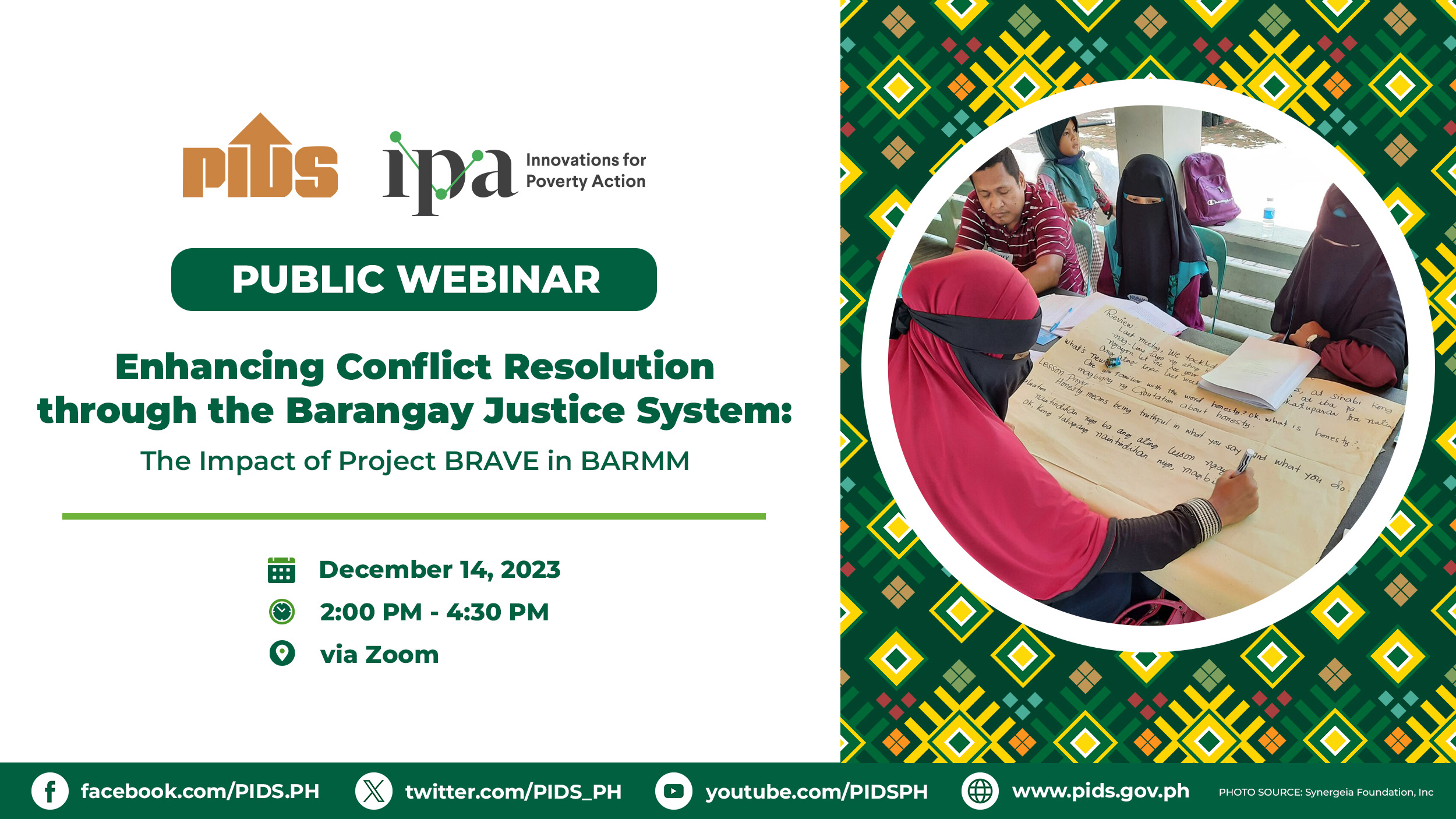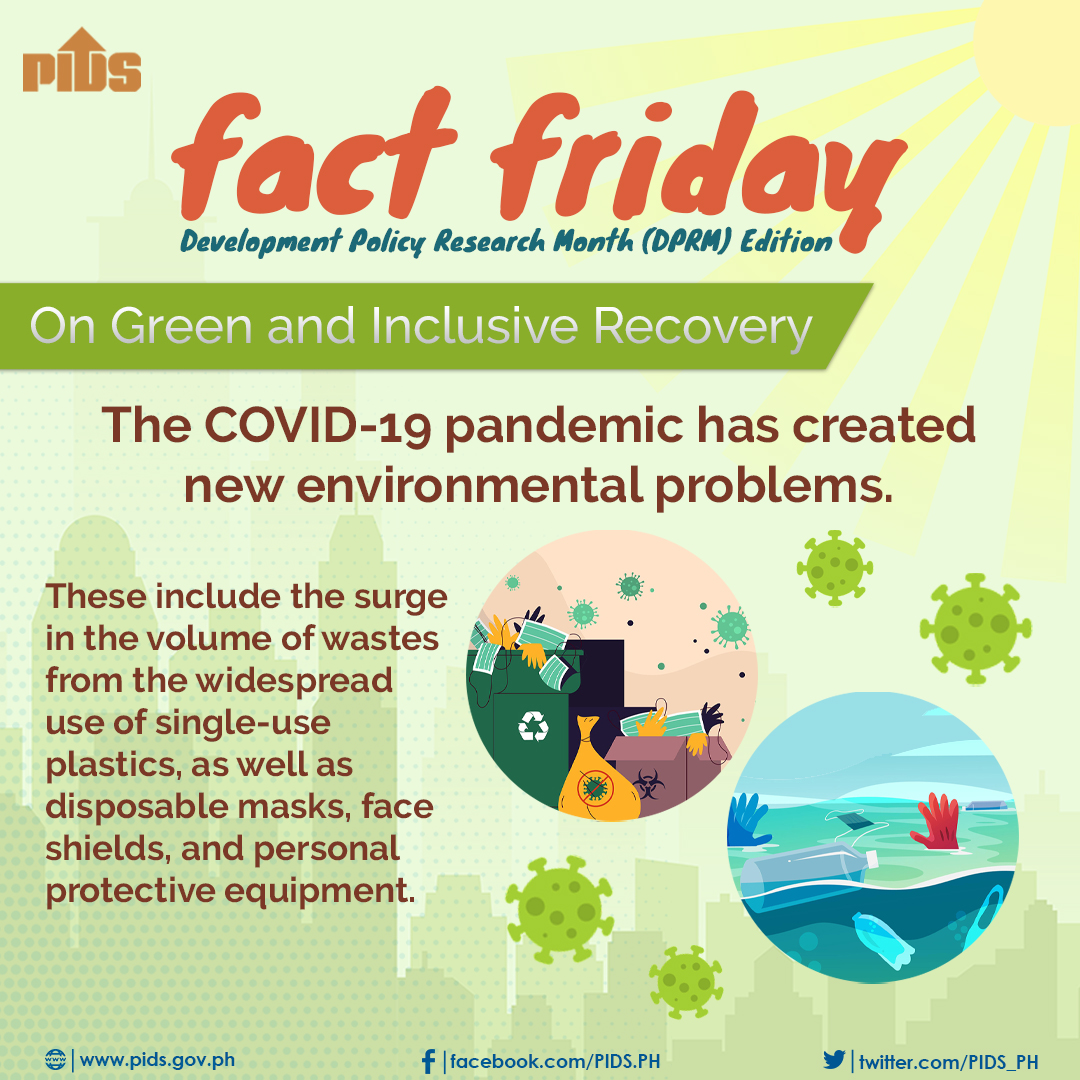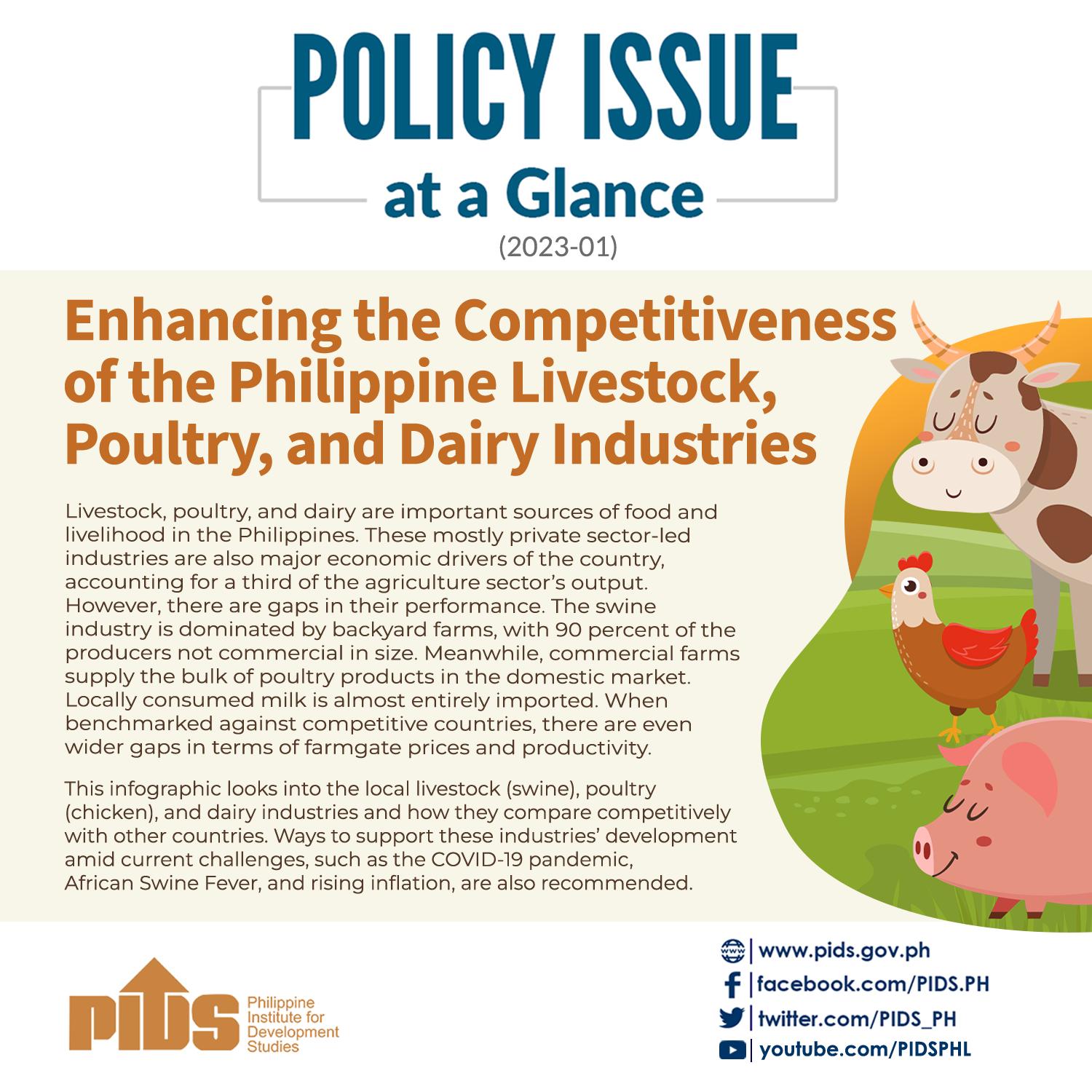LAST week we showed examples of an emerging paradigm of Corporate Social Responsibility (CSR), sometimes referred to as Corporate Social Values (CSV) or Corporate Social Initiatives (CSI). We noted the changing thrusts of CSR programs. Where before, investors staunchly demanded from their companies not to have CSR programs eat into company profits, the emerging paradigm in our century is that investors demand of the company to have its CSR initiatives translate into genuine sustainable development for the marginalized sectors of society, while at the same time, ensure reasonable returns from their investments. Judith Rodin (Rockefeller Foundation president) and Margot Brandenburg explicitly discussed the trend toward what they termed as “impact investing,” in their book “The Power of Impact Investing: Putting Markets to Work for Profit and Global Good” (cf. amazon.com Paperback issue released May 06, 2014).
While questions have been raised whether business and development can be good bedfellows, the number of Philippine companies and associations that have been organized to put into place well strategized impact investing programs is proving the point that, indeed, there is a great change of heart in the business sector – which is to give their best to enhance human life even as they draw from society positive margins for their investments.
Inclusive business (IB)
As to a changing paradigm of CSR, another variant besides impact investing, is inclusive business (IB). This echoes the stress on inclusive education in the K-12 – no child left behind without education, especially those at the base of the pyramid (BoP). So also is (IB), seen as an important driver of inclusive growth and sustainable development carried out by private sector investments. The specific target is “the low-income segment by providing decent, well-paying jobs, as well as access to relevant services such as financing, health, education, housing, water, and others.”
Unlike impact investing, IB programs are mostly provided “by medium-scale companies or as specific business activities of larger enterprises.” They are “typically very innovative, and . . . create direct and tangible value for both the company’s bottom line and for poor and low-income communities.”<http://apec2015.ph/inclusivebusiness/about-inclusive-business>.
Unlike the traditional CSR, IB creates an economic enterprise along its company’s goals by including sectors in the BoP such as farmers, housewives “a part of the value chain of companies’ core business as suppliers, distributors, retailers, or customers, thereby giving employment.” In addition, IB also crafts programs to “address socially relevant issues such as poverty, unemployment and community development.”http://dirp3.pids.gov.ph/websitecms/CDN/PUBLICATIONS/pidsdps1606.pdf
Thus, business“ can promote strong, healthy communities that work to respect rights.” For Unilever, IB “is an opportunity to expand the market for our products and make our business model more resilient in an uncertain world.” Unilever’s sustainable sourcing of “cocoa, tea, vanilla and vegetables” for Unilever’s products ensures the company of needed materials for its products. The “partnership” “has helped strengthen smallholder farming.”By working with their suppliers and partners, the company has “enabled around 600,000 smallholder farmers to access initiatives, which aimed to improve their agricultural practices… giving them access to better-quality seeds, training and fertilizers.”Annual reports reveal the farmers “can double or even triple their yields for the crop that is supported by the program.” <https://www.unilever.com.ph/sustainable-living/introducing-our-plan/inclusive-business/>
Proceedings from the ADB Inclusive Business forums, the 2015 APEC High Level Dialogue on Inclusive Business, presentations on the projects from associations like the Philippine Business for Social Progress, the Philippine Business for Education, or those of inter-country chambers of commerce and industry are up to date sources of current business trends. Organized groups of this kind knock on the social conscience of business, extending expert assistance to entrepreneurs in processing IB ventures, offering models that suit a company’s nature of services and/or products. They present students with authentic models in the corporate world of strategic drivers to transform the lives of low-income populations.
Along with our discussion on enhancing business internship, we urge to give due focus on value formation during coursework along with honing students in conceptual, technical and people skills. Seasoned executives know that harmonious social relationships anchor on the values of respect, fairness, responsibility, honesty and ability to discern right from wrong. Equally important is cultural competence – the set of behaviors and attitudes appropriate to work effectively in cross cultural situations.<https://www.google.com.ph/?ion=1&espv=2#q=cultural+competence+define>. Misunderstandings in corporate life could arise from executives uncertain about dealing with cultural diversity. Likewise suggested is a multidisciplinary approach to shape a habit of mind that looks at inter-connecting aspects of the total picture of a situation. Case studies on the social contribution of business provide students opportunities to reflect on their assumptions, analyses, conclusions and recommendations relative to the “purpose of business and how it ought to be fulfilled.” Holistic thinking helps interns discern the value, sustainability and fitness of purpose, (social rightness), fairness and the ethics in decision-making relative to the company’s business pursuits. Paired with global fluency, there is much hope that academe would continue to help breed corporate constituents who, in adeptly managing or working for positive ROI’s, do as well in globally impacted corporate social initiatives and which translate into real gains for the marginalized sectors of our people.
“Learners also need both guidance and feedback, from mentors and peers, as they probe the facets of complex issues and test their own insights against both theory and the experiences of others.” With preceptors and supervisors providing “in-depth questioning experience of interns – internship is enhanced as a deliberative and intentional mediation of theory and practice. (AAC&U20007)<https://www.aacu.org/publications-research/periodicals/internships-high-impact-practice-some-reflections-quality->
Teresita Tanhueco-Tumapon, PhD, is one of the Philippines’ most accomplished educators and experts on institutional management in colleges and universities. Her studies included not only education and pedagogy but also literature, general science and history. She studied not only in the topmost universities in the Philippines but also in Germany, Great Britain and Japan. She headed chartered institutions, was vice president for academics and for external relations and internationalization. She is copy editor of the Liceo journals, an internationalization consultant and professorial lecturer on-call and at the Graduate Studies of Liceo de Cagayan University (in Cagayan de Oro City). She holds a Lifetime Professional Achievement Award from the central office of the Commission on Higher Education.
While questions have been raised whether business and development can be good bedfellows, the number of Philippine companies and associations that have been organized to put into place well strategized impact investing programs is proving the point that, indeed, there is a great change of heart in the business sector – which is to give their best to enhance human life even as they draw from society positive margins for their investments.
Inclusive business (IB)
As to a changing paradigm of CSR, another variant besides impact investing, is inclusive business (IB). This echoes the stress on inclusive education in the K-12 – no child left behind without education, especially those at the base of the pyramid (BoP). So also is (IB), seen as an important driver of inclusive growth and sustainable development carried out by private sector investments. The specific target is “the low-income segment by providing decent, well-paying jobs, as well as access to relevant services such as financing, health, education, housing, water, and others.”
Unlike impact investing, IB programs are mostly provided “by medium-scale companies or as specific business activities of larger enterprises.” They are “typically very innovative, and . . . create direct and tangible value for both the company’s bottom line and for poor and low-income communities.”<http://apec2015.ph/inclusivebusiness/about-inclusive-business>.
Unlike the traditional CSR, IB creates an economic enterprise along its company’s goals by including sectors in the BoP such as farmers, housewives “a part of the value chain of companies’ core business as suppliers, distributors, retailers, or customers, thereby giving employment.” In addition, IB also crafts programs to “address socially relevant issues such as poverty, unemployment and community development.”http://dirp3.pids.gov.ph/websitecms/CDN/PUBLICATIONS/pidsdps1606.pdf
Thus, business“ can promote strong, healthy communities that work to respect rights.” For Unilever, IB “is an opportunity to expand the market for our products and make our business model more resilient in an uncertain world.” Unilever’s sustainable sourcing of “cocoa, tea, vanilla and vegetables” for Unilever’s products ensures the company of needed materials for its products. The “partnership” “has helped strengthen smallholder farming.”By working with their suppliers and partners, the company has “enabled around 600,000 smallholder farmers to access initiatives, which aimed to improve their agricultural practices… giving them access to better-quality seeds, training and fertilizers.”Annual reports reveal the farmers “can double or even triple their yields for the crop that is supported by the program.” <https://www.unilever.com.ph/sustainable-living/introducing-our-plan/inclusive-business/>
Proceedings from the ADB Inclusive Business forums, the 2015 APEC High Level Dialogue on Inclusive Business, presentations on the projects from associations like the Philippine Business for Social Progress, the Philippine Business for Education, or those of inter-country chambers of commerce and industry are up to date sources of current business trends. Organized groups of this kind knock on the social conscience of business, extending expert assistance to entrepreneurs in processing IB ventures, offering models that suit a company’s nature of services and/or products. They present students with authentic models in the corporate world of strategic drivers to transform the lives of low-income populations.
Along with our discussion on enhancing business internship, we urge to give due focus on value formation during coursework along with honing students in conceptual, technical and people skills. Seasoned executives know that harmonious social relationships anchor on the values of respect, fairness, responsibility, honesty and ability to discern right from wrong. Equally important is cultural competence – the set of behaviors and attitudes appropriate to work effectively in cross cultural situations.<https://www.google.com.ph/?ion=1&espv=2#q=cultural+competence+define>. Misunderstandings in corporate life could arise from executives uncertain about dealing with cultural diversity. Likewise suggested is a multidisciplinary approach to shape a habit of mind that looks at inter-connecting aspects of the total picture of a situation. Case studies on the social contribution of business provide students opportunities to reflect on their assumptions, analyses, conclusions and recommendations relative to the “purpose of business and how it ought to be fulfilled.” Holistic thinking helps interns discern the value, sustainability and fitness of purpose, (social rightness), fairness and the ethics in decision-making relative to the company’s business pursuits. Paired with global fluency, there is much hope that academe would continue to help breed corporate constituents who, in adeptly managing or working for positive ROI’s, do as well in globally impacted corporate social initiatives and which translate into real gains for the marginalized sectors of our people.
“Learners also need both guidance and feedback, from mentors and peers, as they probe the facets of complex issues and test their own insights against both theory and the experiences of others.” With preceptors and supervisors providing “in-depth questioning experience of interns – internship is enhanced as a deliberative and intentional mediation of theory and practice. (AAC&U20007)<https://www.aacu.org/publications-research/periodicals/internships-high-impact-practice-some-reflections-quality->
Teresita Tanhueco-Tumapon, PhD, is one of the Philippines’ most accomplished educators and experts on institutional management in colleges and universities. Her studies included not only education and pedagogy but also literature, general science and history. She studied not only in the topmost universities in the Philippines but also in Germany, Great Britain and Japan. She headed chartered institutions, was vice president for academics and for external relations and internationalization. She is copy editor of the Liceo journals, an internationalization consultant and professorial lecturer on-call and at the Graduate Studies of Liceo de Cagayan University (in Cagayan de Oro City). She holds a Lifetime Professional Achievement Award from the central office of the Commission on Higher Education.

